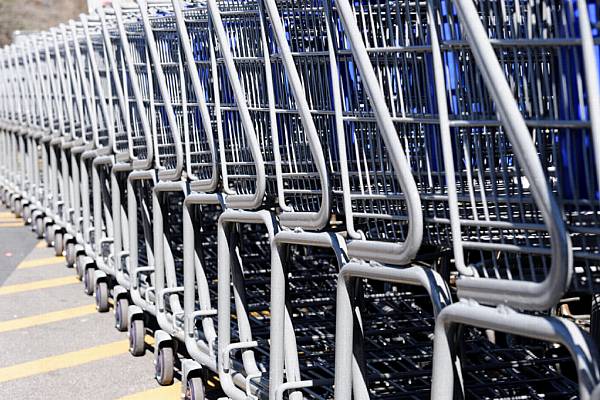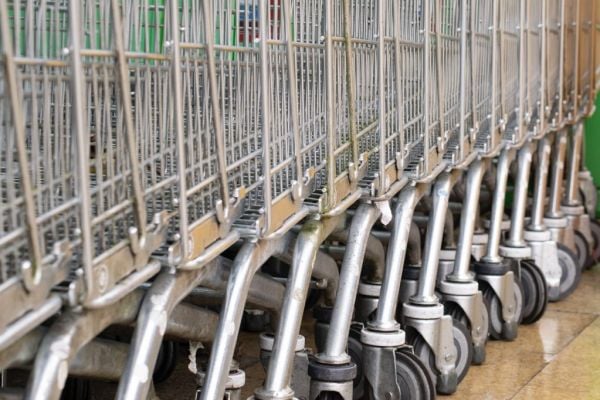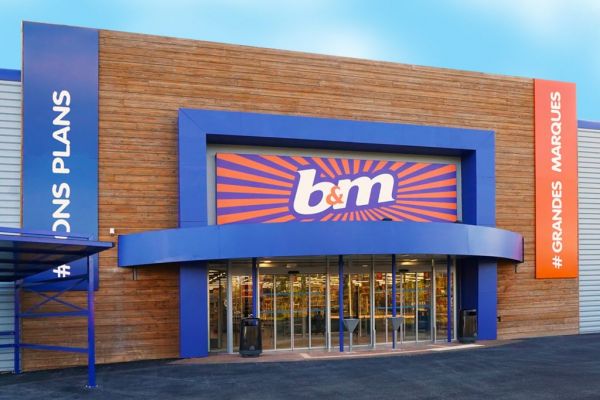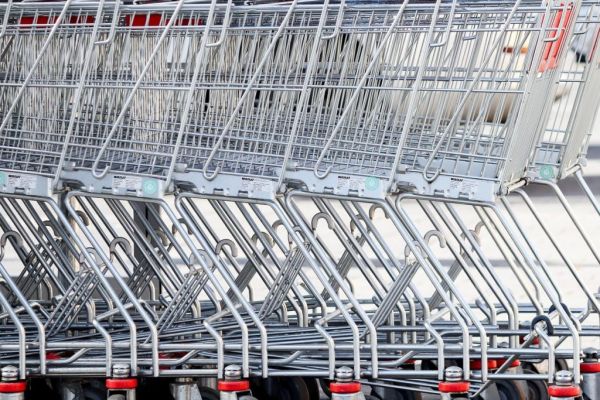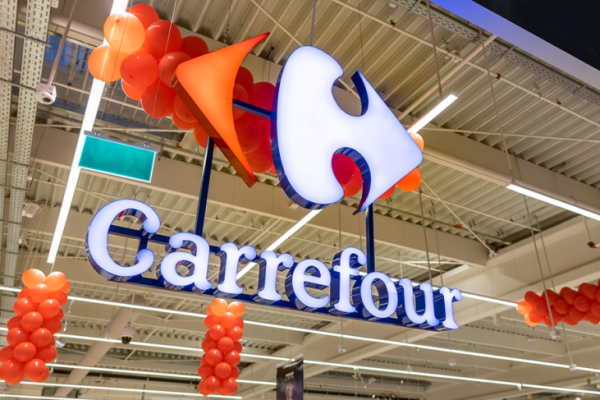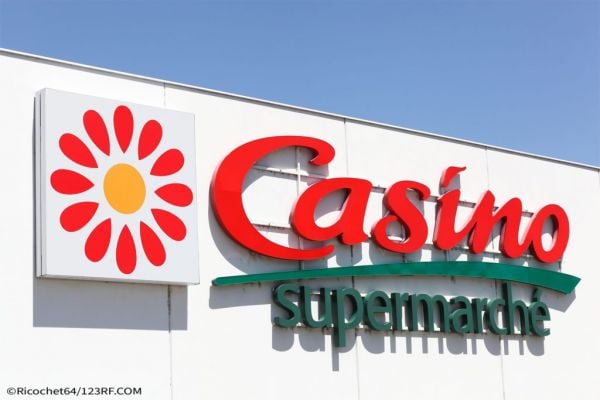Bank of England Governor Andrew Bailey said this week that British food price inflation had been slower to drop than global commodity prices, despite past reassurances from the Bank's contacts in the retail industry that prices would fall.
While market leader Tesco said on Friday there were "encouraging early signs" that food inflation was starting to ease across the market, it remains stubbornly high, running at over 19% in April, according to the most recent official data.
Below are possible reasons why:
Not All Commodity Prices Are Falling
Some global commodity prices have fallen enabling supermarkets to pass on reductions in areas such as milk, bread, butter, pasta and oils.
However, the prices of other commodities such as proteins, sugar, coffee, rice and potatoes haven't come down and in some cases are still spiking up.
Factors causing this are related to the weather, crop yields and global demand.
Britain is the world's third largest net importer of food and drink, according to the Food and Agriculture Organisation of the United Nations - behind only China and Japan - leaving it particularly exposed.
Other Costs In The Supply Chain Are Still Rising
Food producers, manufacturers and retailers continue to face elevated costs throughout their supply chains, from energy prices to labour costs.
The major supermarkets in particular are huge employers. Tesco and No. 2 Sainsbury's have hiked staff wages multiple times over the last year.
"The labour element of inflation is likely to stick," Tesco CEO Ken Murphy told reporters.
"For a lot of businesses they will have hedged forward and therefore they'll have locked in the higher energy costs," he added.
Underestimating The Lag
Many observers are underestimating the time lag for easing cost pressures to filter through to prices for consumers.
"The more complex the supply chain, the longer the lag, which is why we have seen fresh food inflation falling faster than for processed foods," said Andrew Opie, director of food and sustainability at the British Retail Consortium (BRC), which represents the major supermarkets.
Generally speaking, food retailers and their suppliers operate with long-term contracts. That means the price is often only changed when the contract ends and can be renegotiated.
The Renegotiation
The renegotiation process itself between retailers and suppliers can often be protracted.
When inflation started to soar for suppliers, retailers resisted accepting price rises. Having eventually secured better prices, suppliers are reluctant to give up those hard won gains.
"If suppliers were being subject to inflation and retailers were reticent or slow to take those cost price increases on the way in, many suppliers will want at least the same on the way out," one food industry veteran told Reuters.
Read More: 5 Reasons Why Food Inflation May Have Peaked
Brexit
Although London and Brussels have an agreement allowing largely tariff-free trade in goods, barriers to exports and imports in the form of paperwork, known as non-tariff barriers, have caused delays and higher costs for both producers and retailers.
Brexit has accounted for about a third of the increase in food bills for households since 2019, equivalent to about 250 pounds ($318), researchers from the London School of Economics and other universities said last month.
Profiteering?
Some politicians and trade unions have raised concerns about profiteering by food retailers, saying they have kept prices high despite falls in commodity, energy and shipping costs.
Supermarkets deny the charge saying their profits and margins contracted in 2022.
Tesco's Murphy said "the facts speak for themselves," pointing out it made profit of just 3.8 pence per pound spent by shoppers in its 2022/23 year.
Britain's competition watchdog, the Competition and Markets Authority, is examining grocery prices but has said that so far it has not seen evidence pointing to specific concerns.
News by Reuters, edited by ESM – your source for the latest retail news. Click subscribe to sign up to ESM: European Supermarket Magazine.

